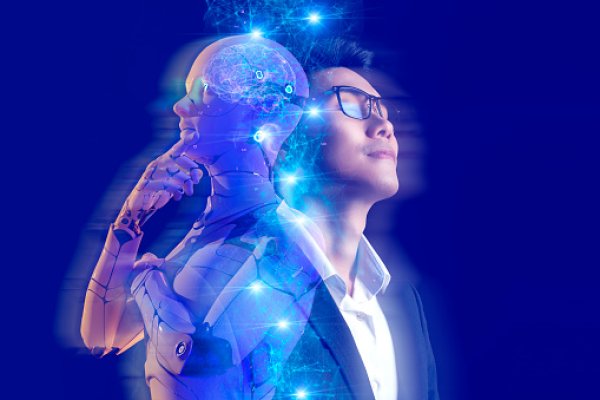OpenAI has just released its official iOS app, so users can now conveniently access their renowned A.I. chatbot. The new app comes months after many unofficial services filled the App Store.
The company has announced that their new ChatGPT app will be free of cost, with no ads, and permit voice input. It is initially restricted to U.S. users, but they plan to expand globally.
The ChatGPT app allows users to communicate with an A.I. chatbot and thus get questions answered, receive advice, get inspired, research, and much more – delivering the same features as its desktop counterpart.
Given Apple’s Siri’Apple’sems and insufficient A.I. progress, ChatGPT may become more popular among mobile users searching for an alternative voice assistant. Consequently, its recent release may be a major push factor in convincing users to try ChatGPT on their phones.
Apple’s apple’s search engine, ‘Apple Sea’ch,’ could disrupt the current arrangement that Google holds as the default search engine on Safari for iPhone. This could significantly impact Google’s cGoogle’senefits from being Apple’s search engine.
ChatGPT’s ChatGPT’srsion gives you the ability to sync your history across devices so that you can access your previous searches. Furthermore, it integrates with Whisper and OpenAI’s oOpenAI’s speech recognition system, allowing voice input.
ChatGPT Plus subscribers will be able to access GPT-4’s capable -4’sies through the new app, OpenAI says, in addition to receiving early access to new features and faster response times, the company notes in its announcement.
For $20/month, this service, launched in February, provides users with improved opportunities, such as access to ChatGPT during peak times.
Starting in the U.S., the new app’s rollout has begun and is expected to expand to other countries in the upcoming weeks. An Android version of the app will be launched soon.
According to a February article by Semafor, OpenAI was rumored to be amongst several companies developing a mobile client. Still, the company had declined to comment on this.
The launch of the ChatGPT app arrives as major tech firms, like Google, Microsoft, and Facebook, explore A.I. Notably, Google and Microsoft additionally blend A.I. features into their search engines. This is possible through a pricey alliance between OpenAI and those two businesses.
Accessing ChatGPT directly on mobile, without a search engine or browser, can revolutionize how people use their phones to find and interact with information.
OpenAI’s mOpenAI’sp offers users the unique chance to get instant answers outright, free of ads and multiple results – something that isn’t post isn’t with A.I. integrations in search apps. This is strongly alluded to in the blog post that accompanied its introduction.
The statement is a subtle dig at its partner, Bing, for beginning to insert advertisements into its AI-powered Bing Chat, conveying the message that search engines have been overlooked.
ChatGPT offers an ad-free everyday experience that lets you sync your history and access the latest OpenAI models. That’s whaThat’sApp Store description proudly highlights.
Google recently revealed its A.I. chatbot, Bard, at the Google I/O developer conference, and with the waitlist lifted, it is now available in English. In addition to this news, an app dubbed ‘Cloe’ has also made its debut, offering similar features. Cloe enables users to interact.
Data.ai research reveals that consumer spending on the top 10 mobile phone AI applications had reached mobile phone AI applications had reachedA.I. more than $14 million by late March this year, showing an 11% increase from February. This indicates a high consumer demand for iPhone CiPhone and AI technology.
Launching the official ChatGPT app for iOS is a significant step forward in democratizing AI and making advanced natural language processing accessible to a broader audience. With its user-friendly interface and powerful capabilities, this app has the potential to transform the way we interact with technology, opening up new opportunities for innovation and creativity. We must continue refining AI technologies responsibly and ethically as we progress to ensure a harmonious future where humans and machines coexist.
Source: TechCrunch



